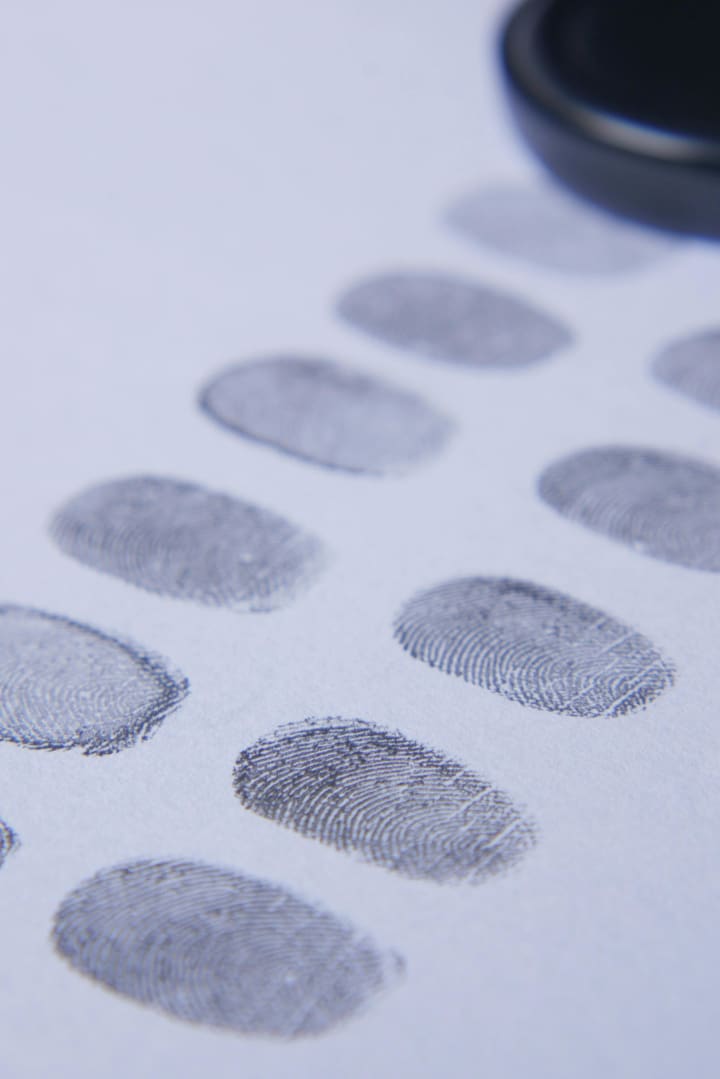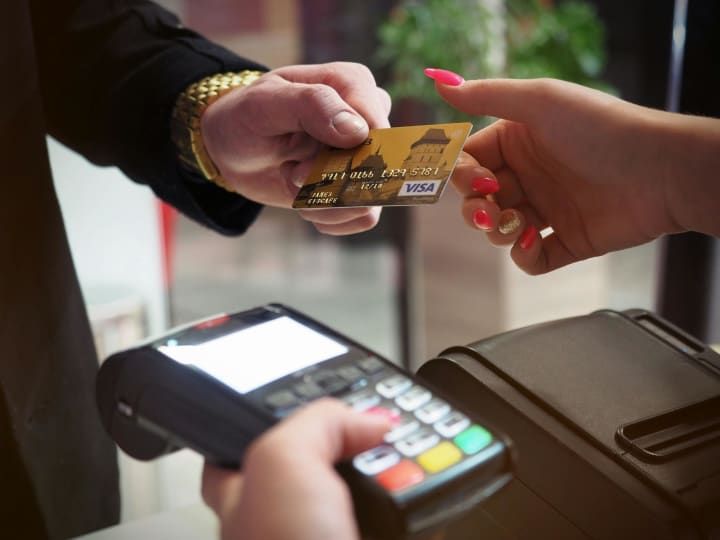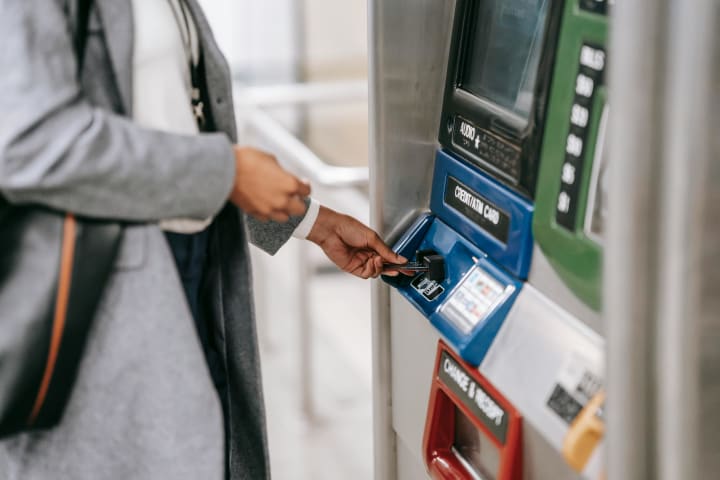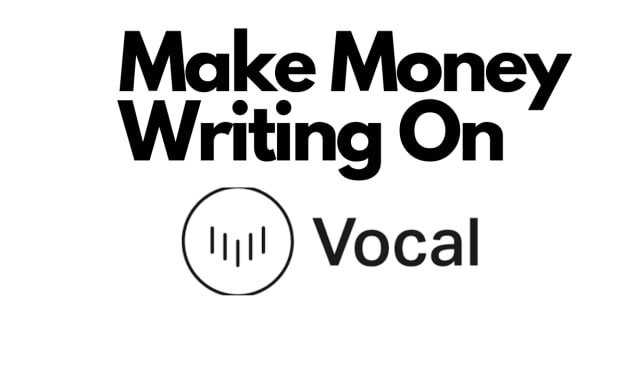The Future of E-Signatures in the Philippines: Innovations and Predictions
Embracing Tomorrow: Revolutionizing E-Signatures in the Philippines

Introduction
In the rapidly evolving digital landscape, the adoption of electronic signatures has become a crucial element for businesses and governmental organizations worldwide. The Philippines is no exception, with a growing emphasis on integrating e-signature solutions into everyday operations. The future of e-signature Philippines holds promising innovations and transformative predictions that will shape how transactions and agreements are conducted. This article delves into the advancements and forecasts for e-signature technology in the Philippines, exploring its legal framework, technological innovations, and the impact on various sectors.
Legal Framework for E-Signatures in the Philippines
Understanding the legal foundation is essential to grasp the future potential of e-signatures in the country. The Philippines e-signature law, primarily governed by the Electronic Commerce Act of 2000 (Republic Act No. 8792), provides a comprehensive legal framework for electronic transactions. This legislation recognizes electronic signatures and digital signatures as legally binding, paving the way for widespread adoption.
The Act defines an electronic signature as any distinctive mark, characteristic, or sound in electronic form, attached to or logically associated with an electronic document, intended to authenticate or approve the document. Meanwhile, a digital signature, which utilizes encryption methods to ensure authenticity and integrity, is also explicitly acknowledged under this law.
With these legal foundations in place, businesses and individuals can confidently use e-signature solutions in the Philippines, knowing that their electronic transactions have legal validity and enforceability. However, while the framework is solid, it continues to evolve in response to new technological advancements and security challenges. As more sectors adopt e-signature technologies, continuous updates and enhancements to the legal structure will be essential to maintain trust and reliability in these digital solutions.
Ongoing Legal Developments
To keep pace with the dynamic nature of technology, the Philippines government has been proactive in revising and updating laws related to e-signatures. Future amendments may focus on addressing specific concerns like cybersecurity, data privacy, and cross-border recognition of electronic documents. These developments will further solidify the standing of e-signatures, ensuring they remain a secure and trusted method for conducting business and official transactions.
Harmonization with Global Standards
As the global business environment becomes increasingly interconnected, there is a growing need for the Philippines to harmonize its e-signature laws with international standards. Aligning with frameworks such as the European Union’s eIDAS (Electronic Identification, Authentication, and Trust Services) Regulation and the United States' ESIGN Act will facilitate smoother cross-border transactions. This harmonization can attract more foreign investments and partnerships, bolstering the Philippine economy.
Technological Innovations Driving E-Signatures
The future of e-signature Philippines is significantly influenced by technological advancements. One of the key players in this arena is UNAWA, a pioneering legal tech company in the Philippines. UNAWA has developed SignSecure, the leading e-signature platform in the country, which incorporates state-of-the-art facial recognition biometric technology. This innovation ensures a higher level of security and authenticity, addressing concerns related to identity verification.
Biometric Verification

SignSecure's integration of facial recognition biometrics represents a significant leap forward in electronic signature technology. This feature enhances the security of e-signatures by ensuring that only authorized individuals can sign documents. By incorporating biometric verification, SignSecure mitigates the risk of fraud and unauthorized access, providing a robust solution for high-stakes transactions and sensitive information.
Facial recognition technology works by mapping an individual's facial features and comparing this map to the user's stored facial data during the signing process. This additional layer of security ensures that the person signing the document is indeed the intended signer, thereby reducing the risk of identity theft and fraudulent activities. Moreover, as this technology evolves, it is expected to become even more sophisticated, making electronic signatures more secure and trustworthy.
Blockchain Technology
Another transformative innovation poised to impact the future of e-signatures in the Philippines is the use of blockchain technology. Blockchain's decentralized and immutable nature offers unparalleled security and transparency for digital transactions. By leveraging blockchain, e-signature solutions can provide a verifiable and tamper-proof record of signatures, enhancing trust and compliance with regulatory requirements.
Blockchain can store the digital signatures and their associated documents in a decentralized ledger that is accessible to all parties involved in the transaction. This ledger is immutable, meaning once a signature is recorded, it cannot be altered or deleted. This feature is particularly valuable in legal and financial transactions, where the integrity of the documents must be maintained.
Cloud-Based Solutions
Cloud-based e-signature platforms are also becoming increasingly popular in the Philippines. These solutions offer scalability, flexibility, and accessibility, allowing users to sign documents from anywhere, at any time. This convenience is particularly beneficial for businesses with remote or geographically dispersed teams, streamlining workflows and reducing the reliance on physical paperwork.
Cloud solutions also offer advanced security features such as encryption, secure storage, and regular backups, ensuring that documents and signatures are protected against data breaches and loss. Additionally, these platforms often integrate with other business tools and software, providing a seamless experience for users.
Artificial Intelligence and Machine Learning
Artificial intelligence (AI) and machine learning (ML) are set to revolutionize e-signature solutions further. These technologies can enhance the verification processes, detect fraudulent activities, and automate routine tasks. For instance, AI algorithms can analyze signing patterns and detect anomalies that may indicate fraud. ML can also be used to improve the user experience by predicting and suggesting actions based on past behavior.
Impact on Various Sectors

The adoption of e-signature Philippines solutions is transforming various sectors, driving efficiency, and fostering digital transformation. Here are some key industries experiencing significant impacts:
Banking and Finance
In the banking and finance sector, electronic signatures are revolutionizing the way transactions are conducted. From account openings to loan agreements, e-signature solutions streamline processes, reduce turnaround times, and enhance customer experience. The ability to sign documents electronically eliminates the need for physical visits to branches, offering customers a seamless and convenient banking experience.
Moreover, e-signatures reduce operational costs for banks by minimizing the need for physical storage and management of paper documents. This digital transformation also supports the industry's move towards greener practices by reducing paper usage. As a result, banks can enhance their sustainability efforts while improving efficiency and customer satisfaction.
Real Estate
The real estate industry in the Philippines is also benefiting from the adoption of e-signatures. Property transactions, lease agreements, and other documentation processes are expedited, reducing the time required to complete deals. E-signature solutions ensure that all parties can sign documents quickly and securely, facilitating smoother transactions and improving overall efficiency.
For real estate professionals, e-signatures mean fewer delays and faster closing times, leading to increased customer satisfaction and more successful transactions. Additionally, electronic signatures can help in maintaining comprehensive digital records, which are easier to store, search, and retrieve compared to traditional paper documents.
Government Services
Government agencies in the Philippines are increasingly embracing e-signature technology to enhance service delivery. By digitizing forms and documents, government offices can reduce paperwork, minimize processing times, and improve accessibility for citizens. E-signature solutions also promote transparency and accountability, ensuring that transactions are securely recorded and easily verifiable.
The use of e-signatures in government services can significantly improve efficiency in areas such as tax filings, business registrations, and public procurement processes. It also helps in reducing the potential for corruption by creating an auditable trail of all transactions. Citizens benefit from faster and more convenient access to government services, contributing to higher satisfaction and trust in public institutions.
Healthcare
In the healthcare sector, e-signatures are streamlining administrative processes, improving patient care, and ensuring compliance with regulatory requirements. From patient consent forms to medical records, electronic signatures facilitate the efficient and secure handling of sensitive information. This technology also supports telemedicine initiatives, enabling remote consultations and digital documentation.
E-signatures help healthcare providers maintain accurate and up-to-date patient records, which are crucial for delivering effective care. They also enhance data security by reducing the risk of unauthorized access to sensitive information. For patients, e-signatures offer the convenience of signing documents from home, reducing the need for physical visits to healthcare facilities.
Education
The education sector is another area where e-signature Philippines solutions are making a significant impact. Universities and schools are adopting electronic signatures to streamline administrative tasks such as enrollment, consent forms, and academic records management. This transition to digital processes not only enhances operational efficiency but also improves the overall experience for students, parents, and staff.
In higher education, e-signatures facilitate online learning by enabling students to sign up for courses, submit assignments, and receive certifications digitally. This shift towards digitalization supports the growing trend of remote and hybrid learning models, making education more accessible and flexible for learners across the country.
Predictions for the Future
Looking ahead, several trends and predictions are shaping the future of e-signature Philippines. These developments will further drive the adoption and evolution of electronic signature technology in the country.
Increased Adoption Across Industries
As awareness of the benefits of e-signature solutions grows, more industries in the Philippines will embrace this technology. The convenience, security, and efficiency offered by electronic signatures will drive widespread adoption across sectors such as education, insurance, and logistics. Businesses will increasingly recognize the value of digital transformation and incorporate e-signatures into their operations.
In the insurance sector, for example, e-signatures can simplify policy agreements and claims processing, making the experience smoother for both insurers and policyholders. In logistics, e-signatures can enhance the efficiency of supply chain operations by enabling digital approvals for shipping and delivery documents.
Advancements in Security Measures
Security will continue to be a primary focus in the development of e-signature solutions. Innovations such as multi-factor authentication, advanced encryption methods, and biometric verification will enhance the security and integrity of electronic signatures. These advancements will address concerns related to identity theft, fraud, and unauthorized access, ensuring that e-signatures remain a trusted and secure method of signing documents.
Additionally, AI-driven security measures will play a crucial role in detecting and preventing fraudulent activities. Machine learning algorithms can analyze signing patterns and flag
suspicious activities in real-time, providing an added layer of protection. As these technologies evolve, e-signature solutions will become even more robust, offering unparalleled security for digital transactions.
Integration with Digital Identity Systems

The integration of e-signature solutions with digital identity systems will further streamline the signing process. By linking electronic signatures with verified digital identities, users can enjoy a seamless and efficient experience. This integration will also enhance compliance with regulatory requirements, as digital identities provide an additional layer of authentication and verification.
Digital identity systems, such as national ID programs, can serve as a foundation for secure and reliable e-signature processes. By verifying a user's identity through a trusted digital ID, e-signature platforms can ensure that the person signing the document is who they claim to be. This integration will be particularly valuable in sectors where identity verification is critical, such as banking, healthcare, and government services.
Regulatory Developments
The regulatory landscape for e-signatures in the Philippines is expected to evolve to keep pace with technological advancements. Policymakers will continue to refine and update existing laws to address emerging challenges and ensure the legal validity of electronic transactions. These regulatory developments will provide a clear and supportive framework for businesses and individuals using e-signature solutions in the Philippines.
Future regulatory changes may focus on enhancing data protection and privacy measures, ensuring that electronic transactions comply with international standards, and promoting interoperability between different e-signature platforms. These efforts will create a more robust and secure environment for digital transactions, fostering greater trust and confidence in e-signature solutions.
Enhanced User Experience
As technology advances, the user experience of e-signature solutions will continue to improve. Future developments may include more intuitive interfaces, seamless integration with other business tools, and enhanced mobile capabilities. These improvements will make it even easier for users to adopt and use e-signature solutions, driving further growth and adoption.
For businesses, improved user experience means faster and more efficient workflows, reducing the time and effort required to complete transactions. For individuals, it means greater convenience and accessibility, enabling them to sign documents from any device, anywhere, at any time.
Environmental Impact
The shift towards e-signatures also has significant environmental implications. By reducing the reliance on paper documents, e-signature solutions contribute to a more sustainable and eco-friendly future. The adoption of digital signatures can help organizations reduce their carbon footprint, save trees, and minimize waste.
As businesses and governments become more conscious of their environmental impact, the use of e-signatures will play a crucial role in supporting their sustainability goals. This shift towards digital processes not only benefits the environment but also enhances the efficiency and cost-effectiveness of operations.
Conclusion
The future of e-signature Philippines is bright, with technological innovations and evolving regulatory frameworks driving its adoption across various sectors. The integration of biometric verification, blockchain technology, and cloud-based solutions is enhancing the security, efficiency, and convenience of electronic signatures. As industries recognize the value of digital transformation, the use of e-signatures will become increasingly widespread.
UNAWA's SignSecure, with its pioneering facial recognition biometric technology, is leading the way in providing secure and reliable e-signature solutions in the Philippines. With continued advancements in security measures, integration with digital identity systems, and supportive regulatory developments, the future of e-signatures in the Philippines promises to be transformative, empowering businesses and individuals to conduct transactions with confidence and ease.
In conclusion, the journey of e-signature technology in the Philippines is just beginning. As innovations continue to emerge and adoption grows across various sectors, the potential for e-signatures to revolutionize the way we conduct business and manage transactions is immense. By embracing these digital solutions, the Philippines is poised to lead the way in creating a more efficient, secure, and sustainable future.
About the Creator
Enjoyed the story? Support the Creator.
Subscribe for free to receive all their stories in your feed. You could also pledge your support or give them a one-off tip, letting them know you appreciate their work.





Comments (1)
Wow! The article insightfully captures the transformative impact of e-signature solutions in the Philippines, highlighting their role in driving efficiency and digitalization across key sectors. From streamlining banking operations to expediting real estate transactions and enhancing government services, e-signatures are proving invaluable. Thank you for this, Ms. Ella!